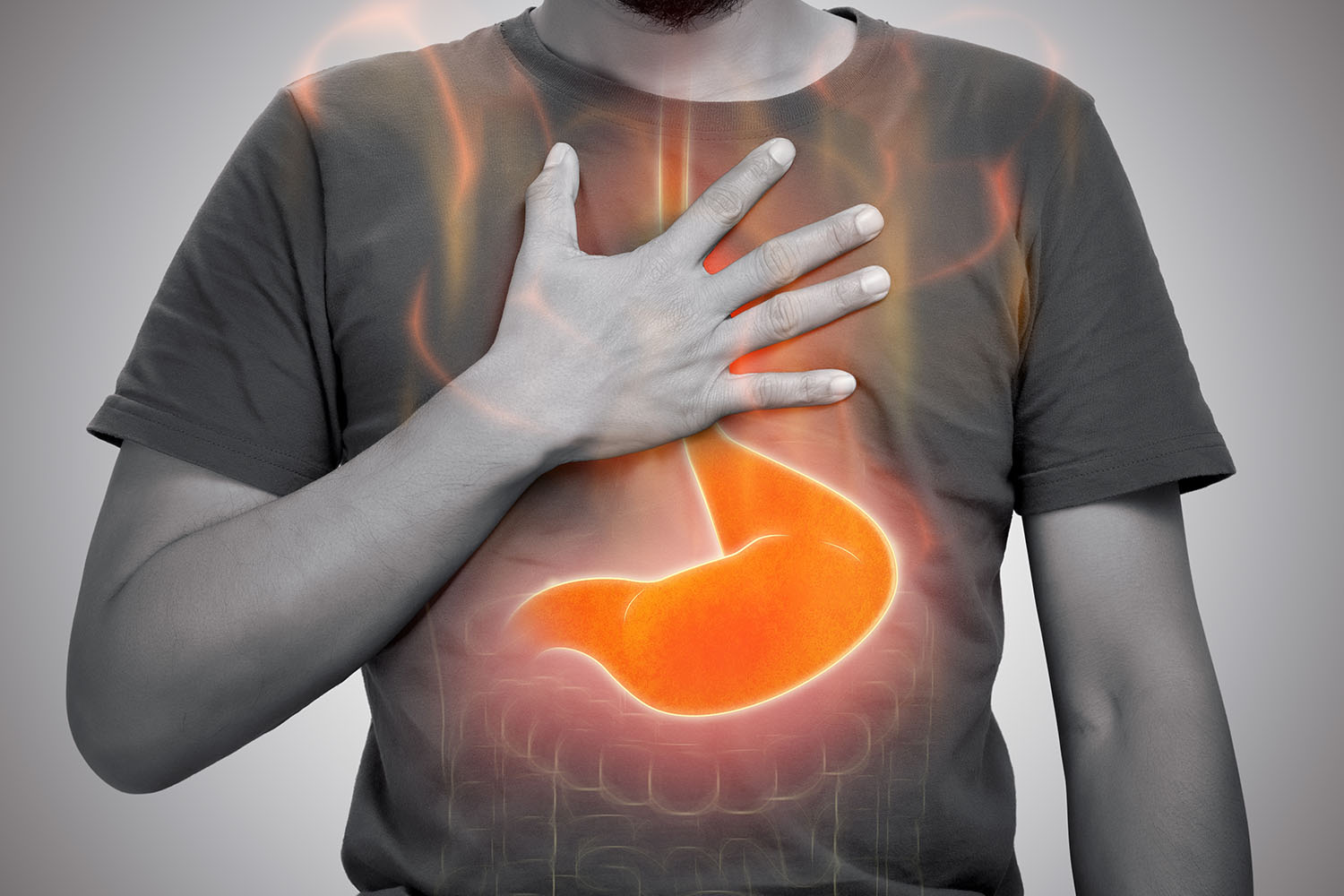Overview
What is gastritis? It’s a question that often arises amidst the discomfort and uncertainty experienced by individuals grappling with this common gastrointestinal condition. Gastritis refers to inflammation of the stomach lining, a condition that affects millions of people worldwide. While often manageable, gastritis can cause significant discomfort and may lead to complications if left untreated.

To comprehend gastritis fully, it’s essential to delve into its various facets, including its symptoms, underlying causes, and available treatment options. Research has provided valuable insights into the intricate mechanisms driving gastritis, shedding light on both its acute and chronic manifestations.
Symptoms of gastritis can vary widely, ranging from mild indigestion and discomfort to more pronounced signs such as nausea, vomiting, abdominal pain, bloating, and even bleeding in severe cases. These symptoms often arise due to disruptions in the delicate balance of gastric acid secretion, mucosal integrity, and the presence of Helicobacter pylori infection, a common culprit in gastritis development.
Helicobacter pylori, a bacterium found in the stomach lining, plays a significant role in the pathogenesis of gastritis and related conditions. Research indicates that H. pylori infection triggers an inflammatory response in the gastric mucosa, leading to tissue damage and subsequent symptoms. However, it’s important to note that not all cases of gastritis are caused by H. pylori, as factors such as chronic use of nonsteroidal anti-inflammatory drugs (NSAIDs), excessive alcohol consumption, smoking, stress, and autoimmune disorders can also contribute to its development.
Diagnosing gastritis typically involves a combination of clinical evaluation, medical history assessment, and diagnostic tests such as endoscopy, biopsy, and breath or stool tests for H. pylori detection. These diagnostic modalities enable healthcare providers to accurately identify the underlying cause of gastritis and tailor treatment accordingly.
Treatment strategies for gastritis aim to alleviate symptoms, reduce inflammation, and address the underlying cause of the condition. For individuals with H. pylori-associated gastritis, a combination of antibiotics and acid-suppressing medications is often prescribed to eradicate the bacterial infection and promote healing of the gastric mucosa. Additionally, lifestyle modifications such as dietary changes, stress management, smoking cessation, and limiting NSAID use can help mitigate symptoms and reduce the risk of gastritis recurrence.
In cases where gastritis persists despite conservative measures, further evaluation and management may be warranted to rule out complications such as peptic ulcers, gastric erosions, or even gastric cancer in rare instances. Close monitoring by healthcare professionals is essential to ensure timely intervention and prevent progression to more serious conditions.
Gastritis encompasses a spectrum of inflammatory conditions affecting the stomach lining, with diverse etiologies and clinical presentations. By leveraging research findings and evidence-based practices, healthcare providers can effectively diagnose, treat, and manage gastritis, thereby improving patient outcomes and quality of life. Moreover, raising awareness about gastritis and its associated risk factors can empower individuals to adopt preventive measures and seek timely medical attention when needed, fostering better gastrointestinal health for all.



